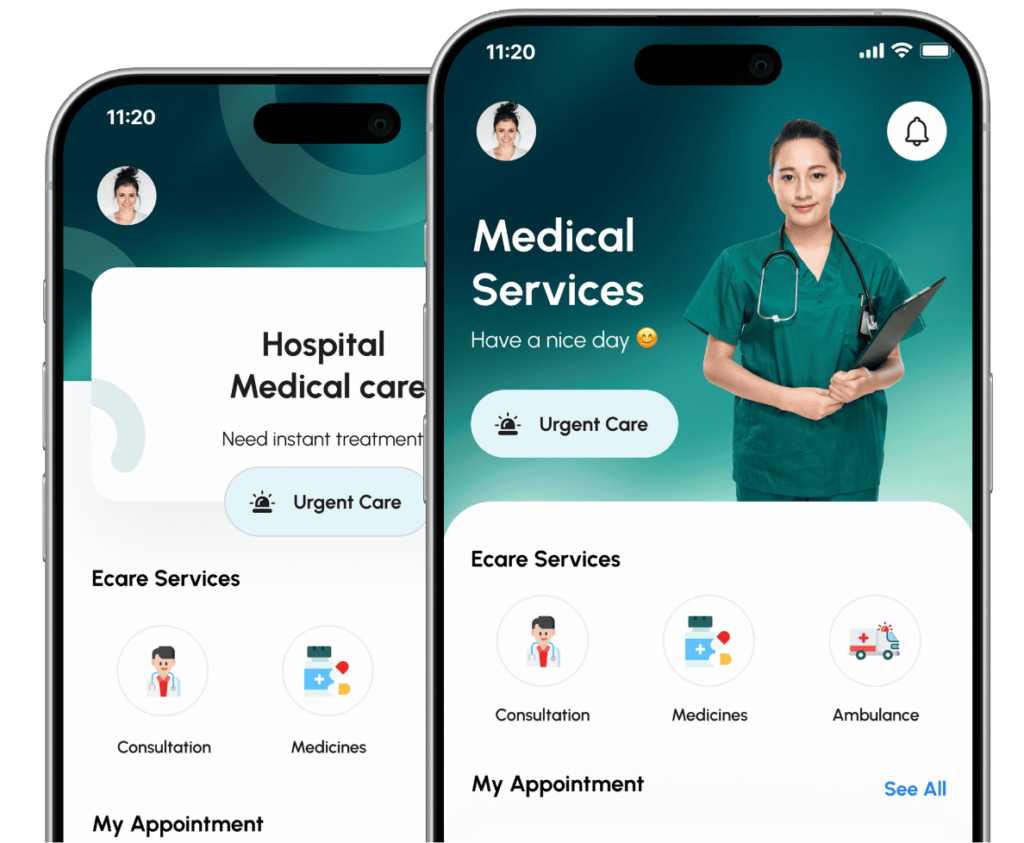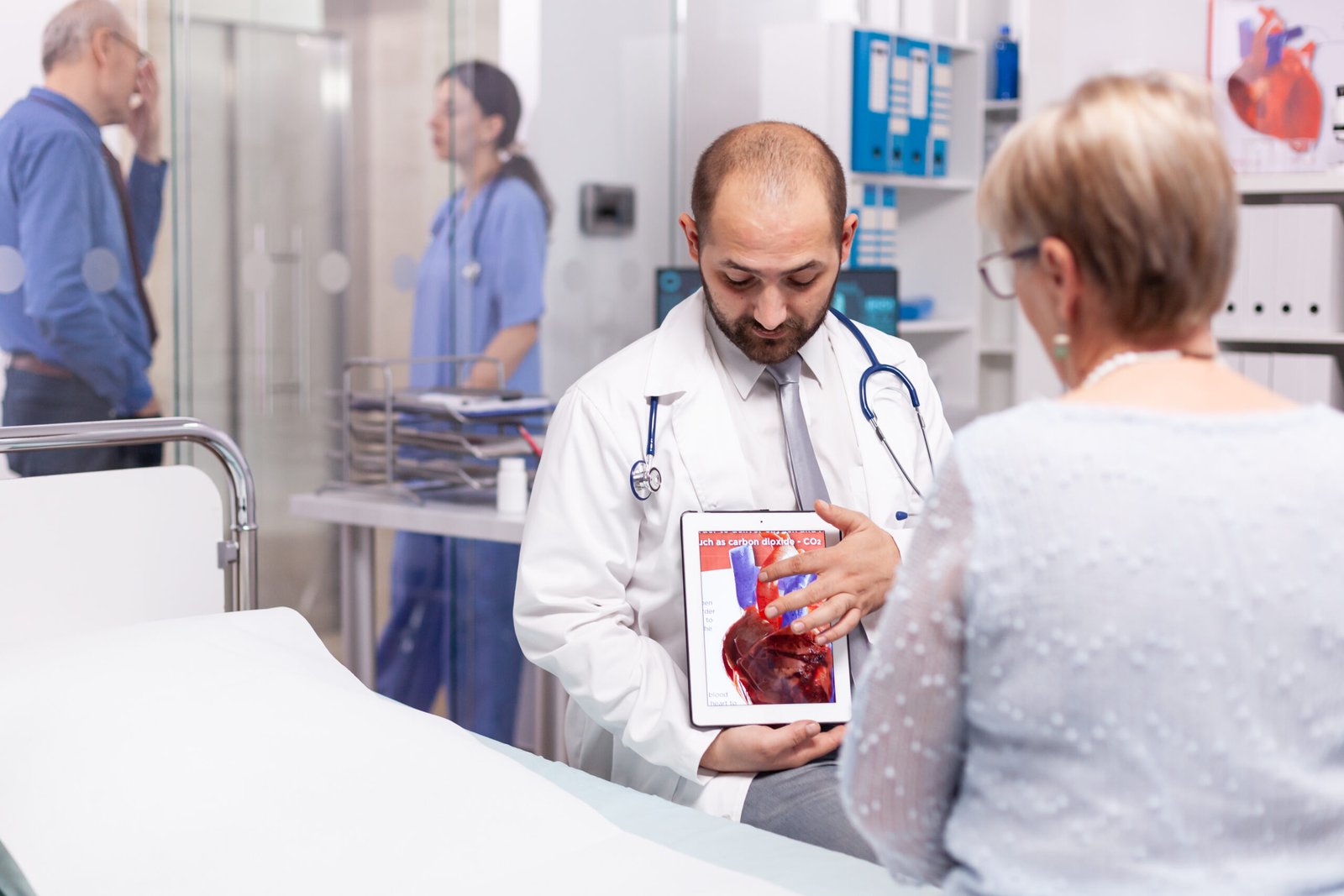Introduction
Gastric cancer, also known as stomach cancer, is a silent disease that often goes undiagnosed until it has reached an advanced stage. In a recent educational video, Dr. Nishant Kurian sheds light on this life-threatening condition, emphasizing the importance of awareness, early detection, and proactive healthcare. Whether you’re seeking to understand your own risk or support a loved one, this guide walks you through the key insights shared by Dr. Kurian.
What Is Gastric Cancer?
Gastric cancer begins in the lining of the stomach and can develop slowly over many years. It often starts with precancerous changes that go unnoticed because they rarely cause symptoms in the early stages.
Early Symptoms to Watch For
Many people mistake the early symptoms of gastric cancer for common digestive issues. Dr. Kurian urges patients to pay attention to the following warning signs:
- Persistent indigestion or heartburn
- Feeling full after eating small amounts
- Unexplained weight loss
- Nausea or vomiting
- Blood in stool or vomit
- Fatigue and weakness
Recognizing these symptoms early can significantly improve treatment outcomes.
Causes and Risk Factors
Several factors can increase the risk of developing gastric cancer:
- Helicobacter pylori (H. pylori) infection
- Smoking and excessive alcohol use
- Family history of gastric cancer
- Diet high in salty, smoked, or pickled foods
- Chronic gastritis or stomach ulcers
Dr. Kurian highlights the importance of regular check-ups, especially if you have any of these risk factors.
Latest Treatment Options
Modern medicine has made great strides in treating gastric cancer. According to Dr. Kurian, the most effective treatment plans are often a combination of:
- Surgery – Removal of part or all of the stomach (gastrectomy)
- Chemotherapy – To shrink tumors and kill cancer cells
- Immunotherapy – Uses the body’s immune system to fight cancer
- Targeted therapy – Focuses on specific genes or proteins that help cancer grow
The choice of treatment depends on the cancer’s stage, location, and the patient’s overall health.
Prevention and Lifestyle Tips
While not all cases of gastric cancer can be prevented, Dr. Kurian offers practical advice for reducing risk:
- Eat a balanced diet rich in fruits and vegetables
- Avoid processed and smoked foods
- Quit smoking and limit alcohol intake
- Treat H. pylori infections promptly
- Maintain a healthy weight and exercise regularly
The Power of Early Detection
Dr. Kurian stresses that early detection saves lives. If you experience persistent stomach issues, don’t ignore them. Regular screenings, especially for high-risk individuals, can lead to early diagnosis and better outcomes.
Conclusion
Gastric cancer is serious, but with the right knowledge and proactive care, it can be caught and treated early. Dr. Nishant Kurian’s expert insights serve as a reminder to prioritize your digestive health and consult a medical professional if you notice any warning signs.
For consultations or further information, contact Dr. Nishant Kurian.
Stay informed. Stay healthy.






